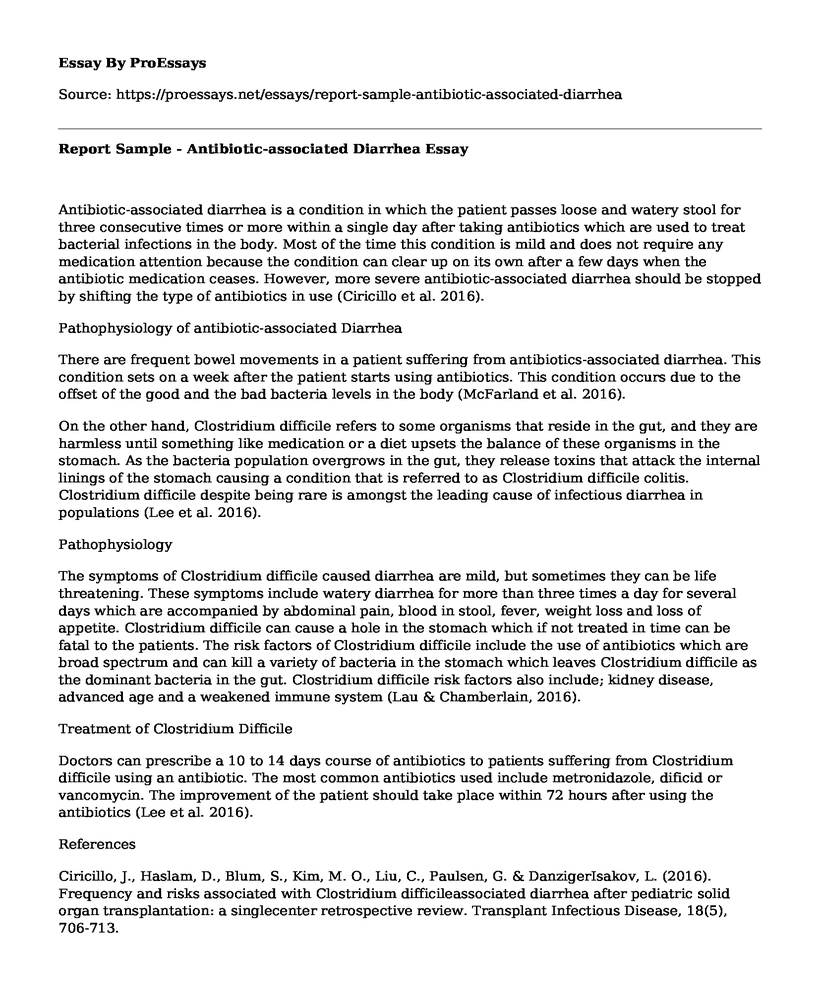Antibiotics are medications that are used to treat infections caused by bacteria. They are among the most commonly prescribed drugs in the world and have been a vital part of modern medicine for decades. Antibiotics work by killing or inhibiting the growth of bacteria, and they can be taken orally, intravenously, or topically.
There are many different types of antibiotics, each of which is designed to target specific types of bacteria. Some common examples include penicillins, tetracyclines, and cephalosporins. These drugs are usually highly effective at treating bacterial infections, but they do have some limitations. For example, they are not effective against infections caused by viruses, such as the common cold or flu.
One of the major concerns with antibiotics is the problem of antibiotic resistance. This occurs when bacteria develop the ability to survive exposure to an antibiotic, which makes the drug less effective at treating an infection. This can be a serious problem because it means that an infection that was once easily treatable may no longer be responsive to the same antibiotic.
Antibiotic resistance is a growing problem, and it is caused by a number of factors. One of the main contributors is the overuse and misuse of antibiotics. When people take antibiotics unnecessarily or when they do not follow the prescribed course of treatment, it can contribute to the development of antibiotic-resistant bacteria.
Another factor that can contribute to antibiotic resistance is the use of antibiotics in livestock. Many farmers use antibiotics to promote the growth of their animals or to prevent diseases in crowded living conditions. This can lead to the development of antibiotic-resistant bacteria, which can then be passed on to humans through the food supply.
To address the problem of antibiotic resistance, it is important to use antibiotics responsibly. This includes only using them when they are truly necessary and following the prescribed course of treatment. It is also important to ensure that antibiotics are used appropriately in livestock and to support research into the development of new and more effective antibiotics.
In conclusion, antibiotics are important medications that are used to treat bacterial infections. However, the problem of antibiotic resistance is a growing concern that requires responsible use of these drugs and the development of new and effective treatments.






